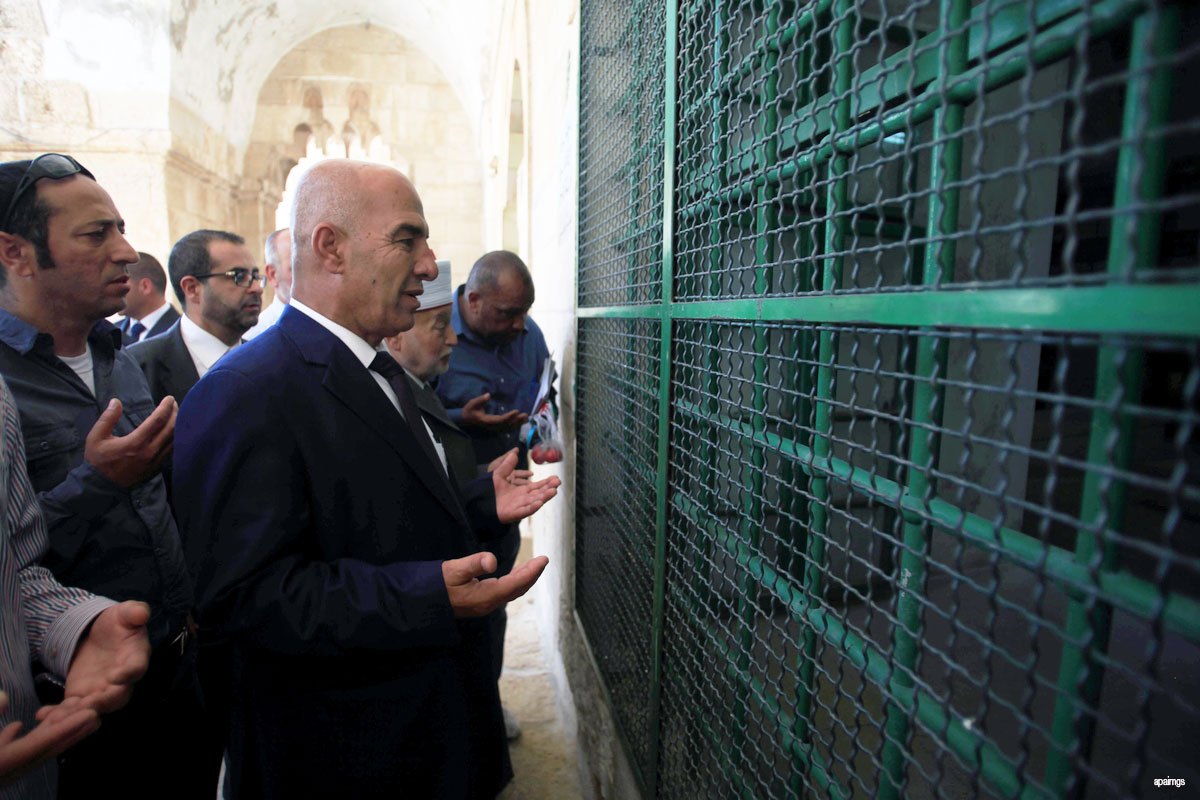El Chapo willing to plead guilty to avoid confinement
Mar 06, 2016
After months on the run, authorities caught up with El Chapo in the Mexican town of Los Mochis, Sinaloa, Breitbart Texas reported. The small group included Guzman's sister Bernarda, who said her brother was being punished for escaping from the prison in 2014.
Dow to pay $835 million to settle lawsuit, cites Scalia's death
Mar 06, 2016
Stunningly, Dow's statement singled out two major cases in which Scalia wrote the majority opinions - 2011's Wal-Mart v. The firm added that it "believes this settlement is the right decision for the company and our shareholders".
Amazon Echo expands to two new Alexa-enabled products
Mar 06, 2016
In order to use the device, users have to press the Echo Go button and connect the speaker to the Internet using Alexa. The integration will allow Nest users to give out commands to Alexa when they need to turn the temperature up or down.
Campaign: New Mexico Gov. Martinez to endorse Marco Rubio
Mar 05, 2016
Martinez's endorsement is likely to help Rubio among New Mexico Republican primary voters. Department of Justice doesn't generally confirm the existence of such investigations.
Carolina Panthers: Charles Johnson Cut
Mar 05, 2016
The Carolina Panthers released defensive end Charles Johnson Thursday, clearing $11 million in salary cap space. Johnson, a third-round pick in 2007, was a monster in the early part of his career.
Fox's Megyn Kelly, Donald Trump largely civil in debate
Mar 05, 2016
Telecast live from the FOX Theatre in downtown Detroit, the debate ranks as the fourth-highest primary debate in history. Trump has advocated a complete ban on immigration to the U.S.by Muslims. "You know what?" Trump said.
Osama bin Laden wanted much of his fortune used 'on jihad'
Mar 05, 2016
Death also appears to have been on his mind. "The size of the chip is about the length of a grain of wheat", he wrote. It was unclear to whom bin Laden was writing, as his natural father, Mohammed bin Laden, died in a 1967 plane crash.
Detroit debate, 'I went to Detroit and ...
Mar 05, 2016
The Michigan primary is just one week away and the candidates are making their last push in campaign efforts across the state. The delegate math suggests he will not be the nominee, but Sander's said he thinks he has a path toward victory.
An Open Letter on Conor McGregor and Floyd Mayweather
Mar 05, 2016
FOX Sports 1 analyst and former middleweight Brian Stann breaks down the two main events of Saturday's UFC 196 (Holly Holm vs. Speaking ahead of the Diaz fight, McGregor openly mused about challenging welterweight champion Robbie Lawler for his strap.
Microsoft starts pushing phone firmware updates to Windows 10 Insiders
Mar 05, 2016
After enjoying an explosive growth rate in the month of January, the number of new users upgrading to Windows 10 has decreased. Separately, Microsoft said that firmware updates will be "live" for Windows Insiders on Windows 10 Mobile starting tomorrow.
Assad Tells Putin His Government Will Help with Syria Ceasefire
Mar 05, 2016
It said the armed forces reserved the right to respond to any attack by opposition groups. For latest news on mobile and tablet, download IndiaTV Android app and iOS app .
Man City need nine more wins for chance of title - Manuel Pellegrini
Mar 05, 2016
He told a news conference: "Don't ask me about thinking in a negative way because I never do it. It's not in my mind thinking about that at this moment [missing out on the Champions League]".
Whole Foods pulls pre-peeled oranges off shelves after Twitter backlash
Mar 05, 2016
While the store might've thought the items were convenient for customers, Gordon had a different take. Later Thursday, Whole Foods responded to Gordon and said they would be pulling the product.
Chase Budinger Agrees To Buyout With The Indiana Pacers
Mar 05, 2016
If the Celtics wanted Lawson and he agreed to signing a minimum contract with Boston, he would not get much playing time. After getting bought out by the Houston Rockets, indications are that Ty Lawson could be heading to the Indiana Pacers.
The future is now with Audi's SQ7
Mar 05, 2016
The exterior differentiator from the regular Q7 is a new grille with bumper and mirror housing with quad exhaust tips at the rear. Brown leather and copper-woven carbon-fiber trim are among the many upgrades, including a 1920-watt Bang & Olufsen audio system.

